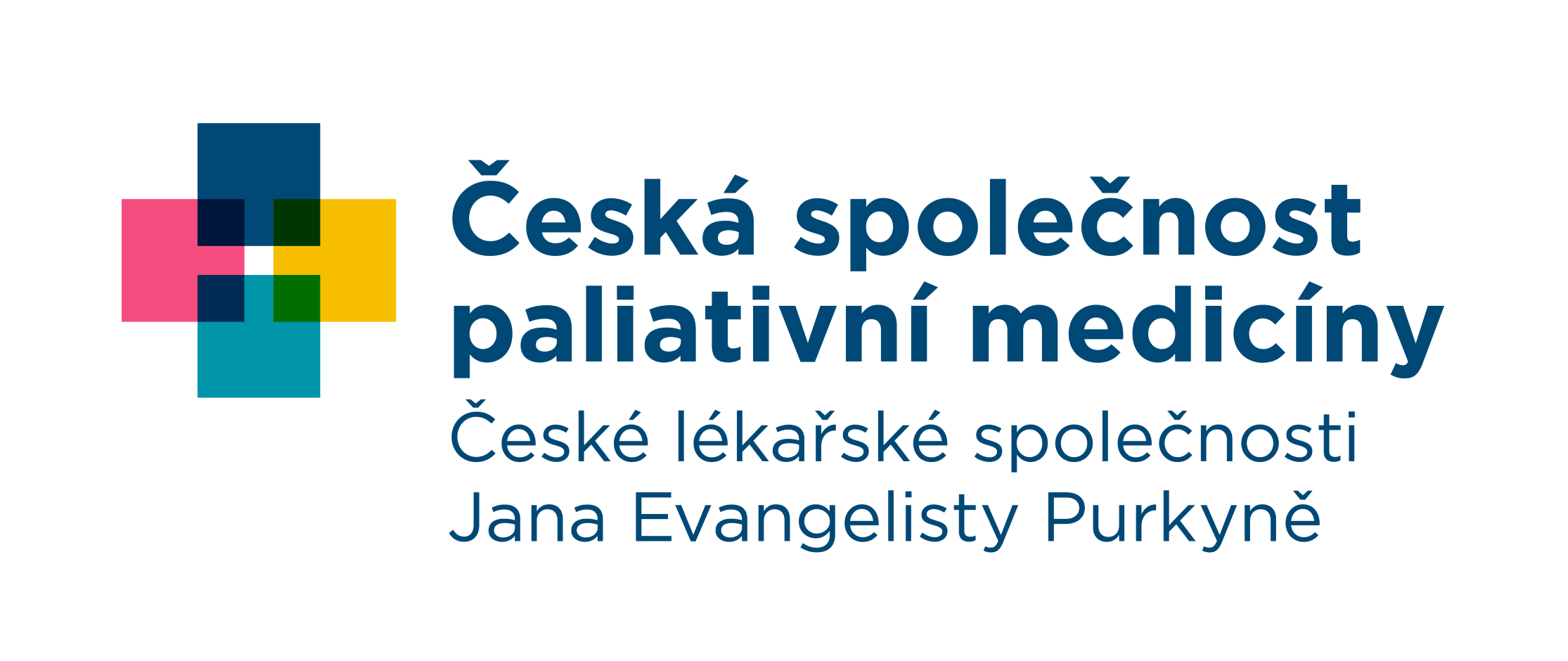Statement concerning provision of life-sustaining care to pediatric patients
Keywords:
pediatric, palliative care, life sustaining treatment, decision-making, communication, ethics, end of lifeAbstract
Background: The framework for palliative and end-of-life care provision to adult patients
in the Czech Republic stems from legal norms and binding professional guidelines. However, end-of-life decision-making in children is complicated by significant specific factors, mainly
the role of parents or legal guardians, by the impossibility to formulate legally binding advance directive, and frequent prognostic uncertainty given by the relatively low number of patient cases and wide spectrum of diseases.
Goals: The presented document defines basic relevant terminology, contains a review of Czech laws pertaining to pediatric end-of-life care, establishes the concept of futile care, and stresses
the ethical acceptability of limiting life-sustaining care to a child when strict and case-specific medical, legal, and ethical criteria are met.
Conslusion: Decisions about end-of-life care provision to a child always are of ethical nature. Intensive and effective communication between the affected child, the legal guardians,
and the healthcare providers is needed to reach a consensus regarding meaningful care
and also regarding care that will not be provided to the given patient. This way, one can prevent
a majority of conflicts, which can otherwise be solved by a court decision, but should not be solved by defensive provision of futile care by healthcare profesisonals. The presented document should provide the reader with information and general principles to guide the process in concrete cases, ist should also assist in the needed future work on changing the legal and medical system
with the goal of providing the best possible care to children with life-limiting diseases.



